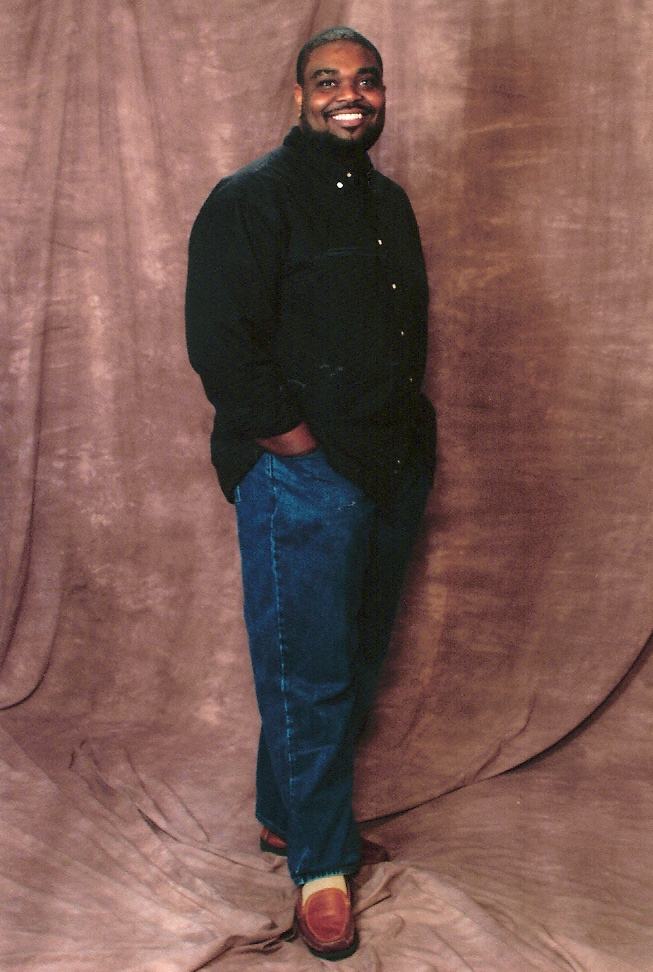My eyes have glossed over many interesting words the last few weeks. One of the constants of graduate school is that you have more to read than you ever could. This is even more true when, like me, you are simultaneously serving a church full-time. But, alas, reading is part of the game when you enter ministry--what Fred Craddock called, "a lifetime of study."
Interestingly enough though, much of the reading done in theology isn't at all about upholding the Bible. In fact, much of it seems determined to disprove the claims of the Biblical text. Fair enough, believers need to be capable of mounting a rigorous defense of their faith. But what astonishes me is the copious amount of writings concerning the faith have so little faith themselves.
Guess what Mr. Dr. EgyptologistArcheoligistTheologianExcavationist, I never thought you COULD historically prove every event in the Bible. I never would have tried. Perhaps I'm naive, but I have always thought that faith actually meant FAITH. I've believed that at some point all of us--even those who choose not to believe in God--have to have faith that there was something in pre-existence. I've come to believe that trying to explain God, lessens Him. And it can't help but lessen our experience of Him.
I think more students of God's word would be wise to take head of these words of warning from Soren Kierkegaard: "If you are a scholar, remember that if you do not read God's Word in another way (a faith full way), it will turn out that after a lifetime of reading God's Word many hours every day, you nevertheless have never read--God's Word. Then make the distinction (in addition to the scholarly reading), so that you will also really begin to read God's Word or at least will confess to yourself that you, despite daily scholarly reading of it, are not reading God's Word, that you do not want anything to do with it at all."
Tuesday, September 28, 2004
Subscribe to:
Comments (Atom)
